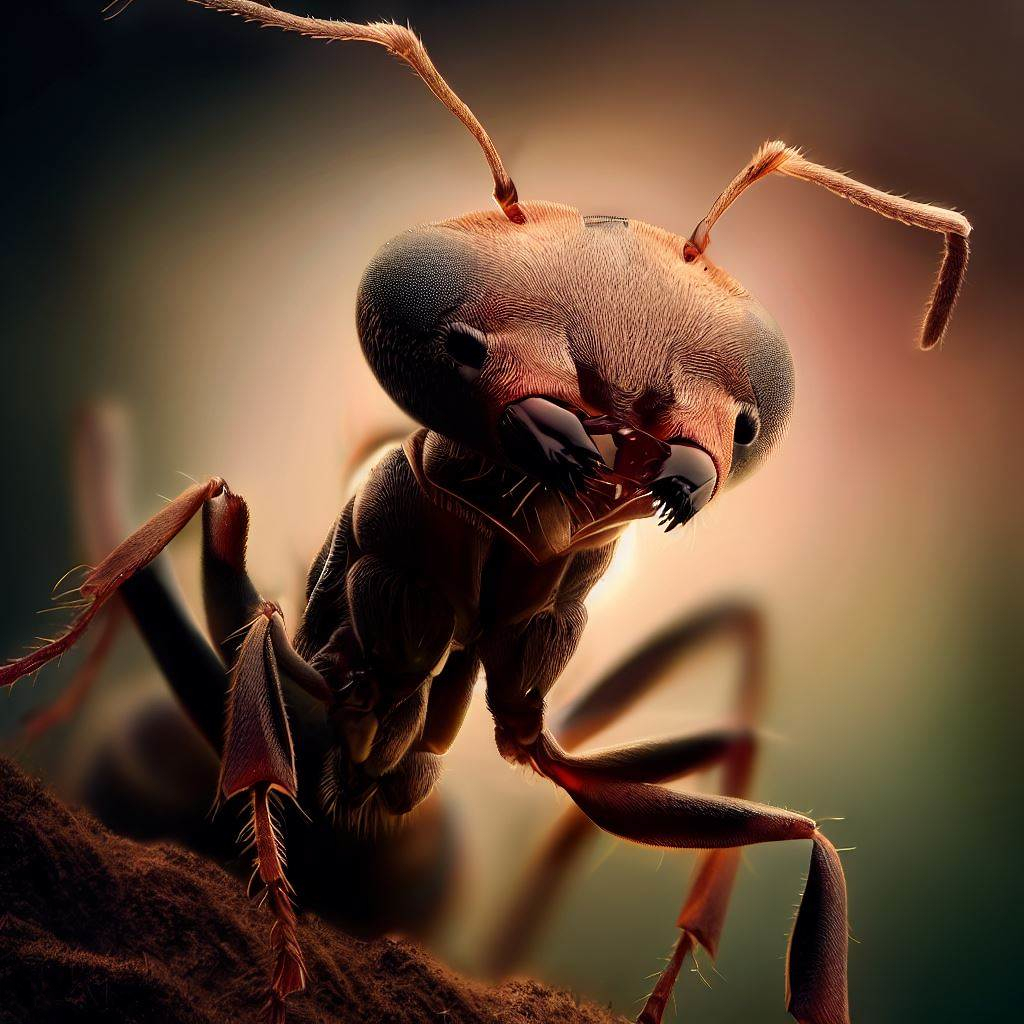
ECO-FRIENDLY PEST CONTROL INC.
Sun - Thur: 8AM - 8PM

Sun - Thur: 8AM - 8PM

Ants are fascinating insects that have adapted to a wide range of environments and exhibit highly organized social behavior. From their intricate colonies to their remarkable foraging strategies, ants display a remarkable set of habits that contribute to their success as a species. Let's delve into the intriguing life and habits of ants.
Ant Colonies: Ants are social insects that live in colonies comprised of thousands to millions of individuals. The colony is structured hierarchically, with different castes of ants serving specific roles. These roles include the queen, workers, soldiers, and sometimes reproductive males.
Queen and Reproduction: The queen ant is responsible for reproduction within the colony. She can live for several years and continuously lays eggs. The reproductive males' sole purpose is to mate with the queen and ensure the survival of the colony.
Worker Ants: The majority of ants within a colony are worker ants. They are responsible for various tasks, such as foraging for food, caring for the young, and maintaining the nest. Worker ants communicate with each other through chemical signals called pheromones, which help coordinate their activities.
Ants exhibit several interesting habits that contribute to their success as social insects. Here are some key habits commonly observed in ants:
Ants are remarkable insects with complex social systems and fascinating habits. Understanding the habits of ants provides insights into their ecological role, social organization, and adaptation strategies. These habits contribute to their ability to thrive in a wide range of environments and make ants one of the most successful and abundant insect groups on Earth.Their ability to organize, communicate, forage, and defend makes them highly successful and adaptable. Studying the life and habits of ants offers insights into the intricate workings of social insects and their important roles in ecosystems.